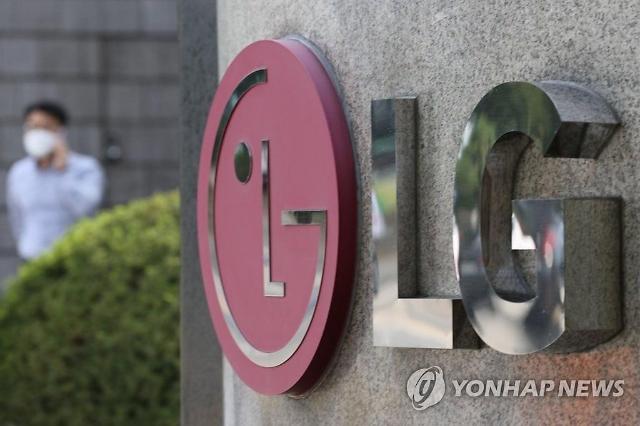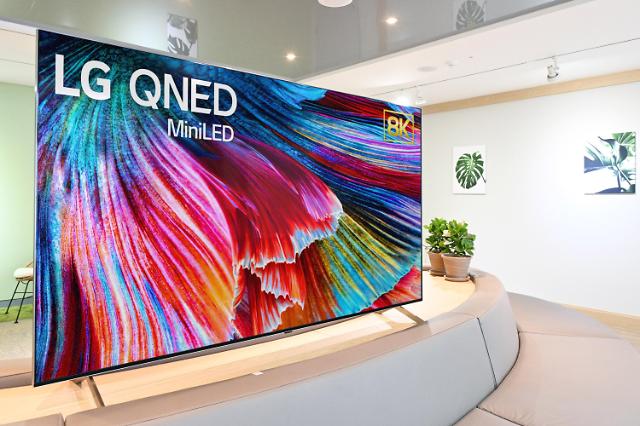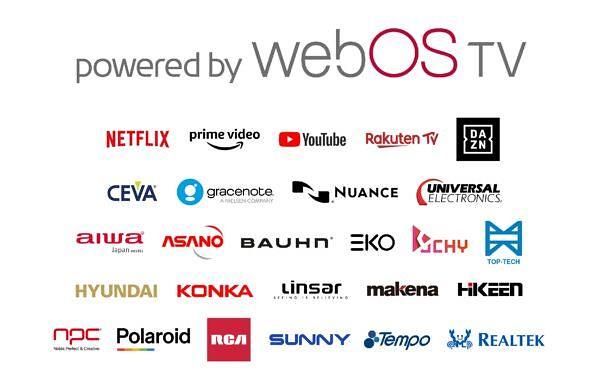
[Yonhap News Photo]
SEOUL -- LG Electronics closed its troubled smartphone business which has been in the red since the second quarter of 2015, citing a persistent business slump and intensifying competition. The company defended its decision as inevitable to diversify its business portfolio through "choice and focus" and improve its financial structure by bearing a short-term decline in overall sales.
In a regulatory filing on April 5, LG Electronics said it would "concentrate capabilities into core businesses and improve business structure through internal resource efficiency." "Although there may be a short-term decrease in overall sales due to the termination of our mobile communication (MC) business, the improvement of our business and financial structure is expected in the mid to long term."
The company said in a separate statement that board members endorsed the termination of its smartphone business as of July 31. LG promised to provide service support and software updates for customers for a period of time which will vary by region. LG will redeploy some 3,700 workers involved in its mobile communication division and work with suppliers and business partners on compensation. Smartphone factories in Brazil, India and Vietnam will be used for other purposes.
LG Electronics has struggled to keep alive its smartphone business at the expense of perennial losses. For its business turnaround, the company has introduced adventurous models with distinguished features such as a dual-screen smartphone, but they have failed to win over consumers at home and abroad. LG phones lost to Chinese rivals in the low-end sector, and to Apple and Samsung Electronics in the premium market.
LG Electronics said it would maintain research capabilities in mobile technologies such as 6G mobile telecommunication, cameras and software, which are necessary for next-generation TVs, home appliances, electric field components and robots. The company vowed to speed up securing 6G source technology in preparation for the era of autonomous driving and ambient internet of everything (IoE).
Smartphones are regarded as an important pillar in the smart home industry. LG has described mobile technology as an important asset for smart home appliances and automotive electronics businesses. The withdrawal of its smartphone business was prompted by a group-wide strategy to put more resources into other viable sectors such as robotics, organic light-emitting diode technology and vehicle components.
LG Electronics made a good record in earnings in 2010 partly thanks to a trend of social distancing triggered by a COVID-19 pandemic that boosted sales of home appliances, premium TVs and IT devices worldwide. Operating profit soared 31.1 percent on-year to 3.2 trillion won ($2.8 billion), while sales were up 1.5 percent to 63.2 trillion won. The mobile communication division posted an operating loss of 841 billion won in 2020.
LG Electronics has beefed up capabilities to manufacture infotainment systems and powertrain parts for carmakers. In December 2020, LG Electronics and Canada's mobility technology company Magna International agreed to establish a joint venture targeting the electric vehicle powertrain market. The joint venture would manufacture electric motors (e-motors), inverters and onboard chargers for electric vehicles, along with electric powertrain systems.
In January, LG Electronics acquired a controlling stake in Alphonso, a U.S. software company, to provide customized services and content. Alphonso's software and services including data analytics, media planning and activation would be combined with LG's broad range of home entertainment products. With Alphonso's TV data analysis capabilities, LG can provide even more customized services and content.




